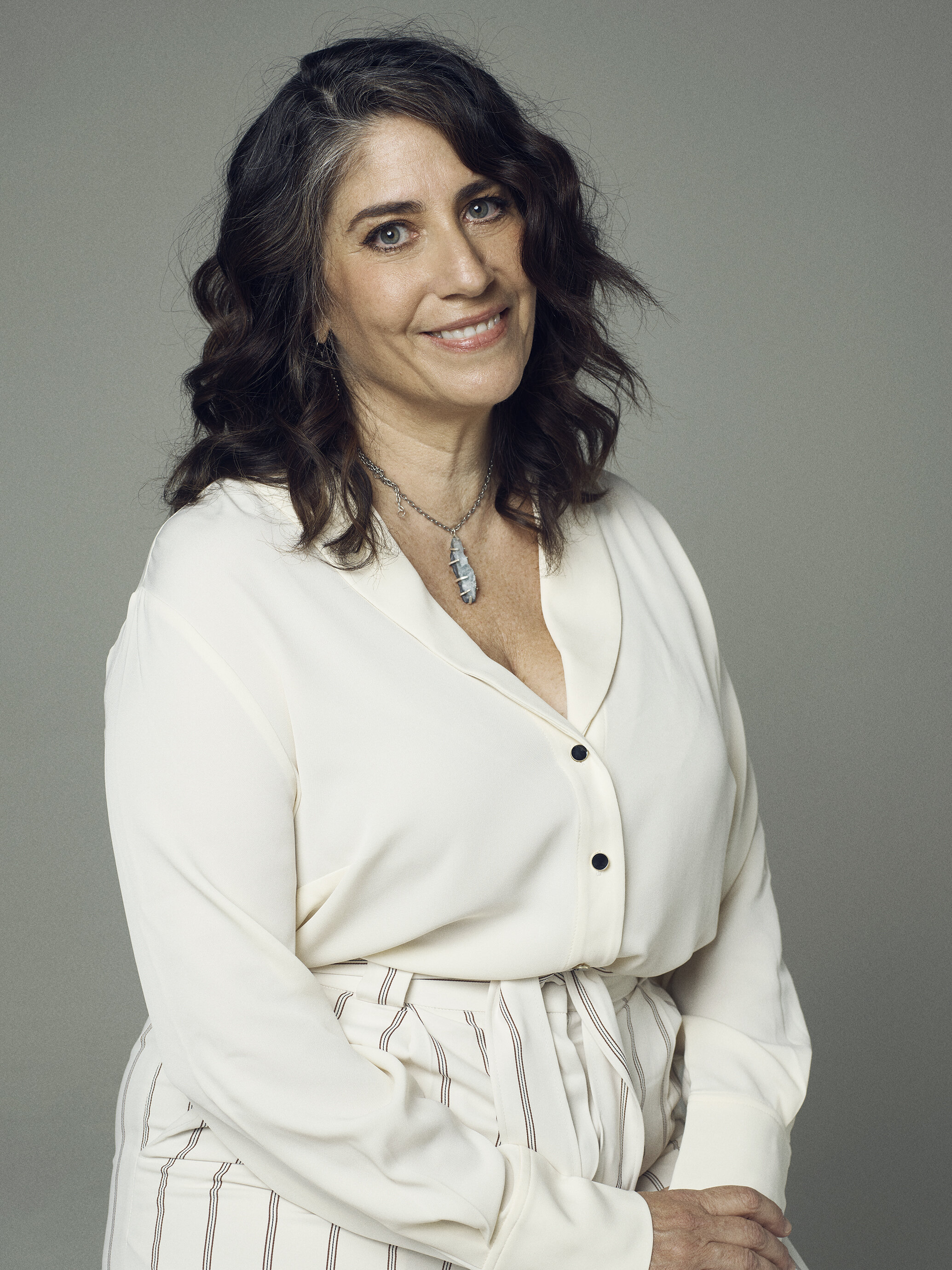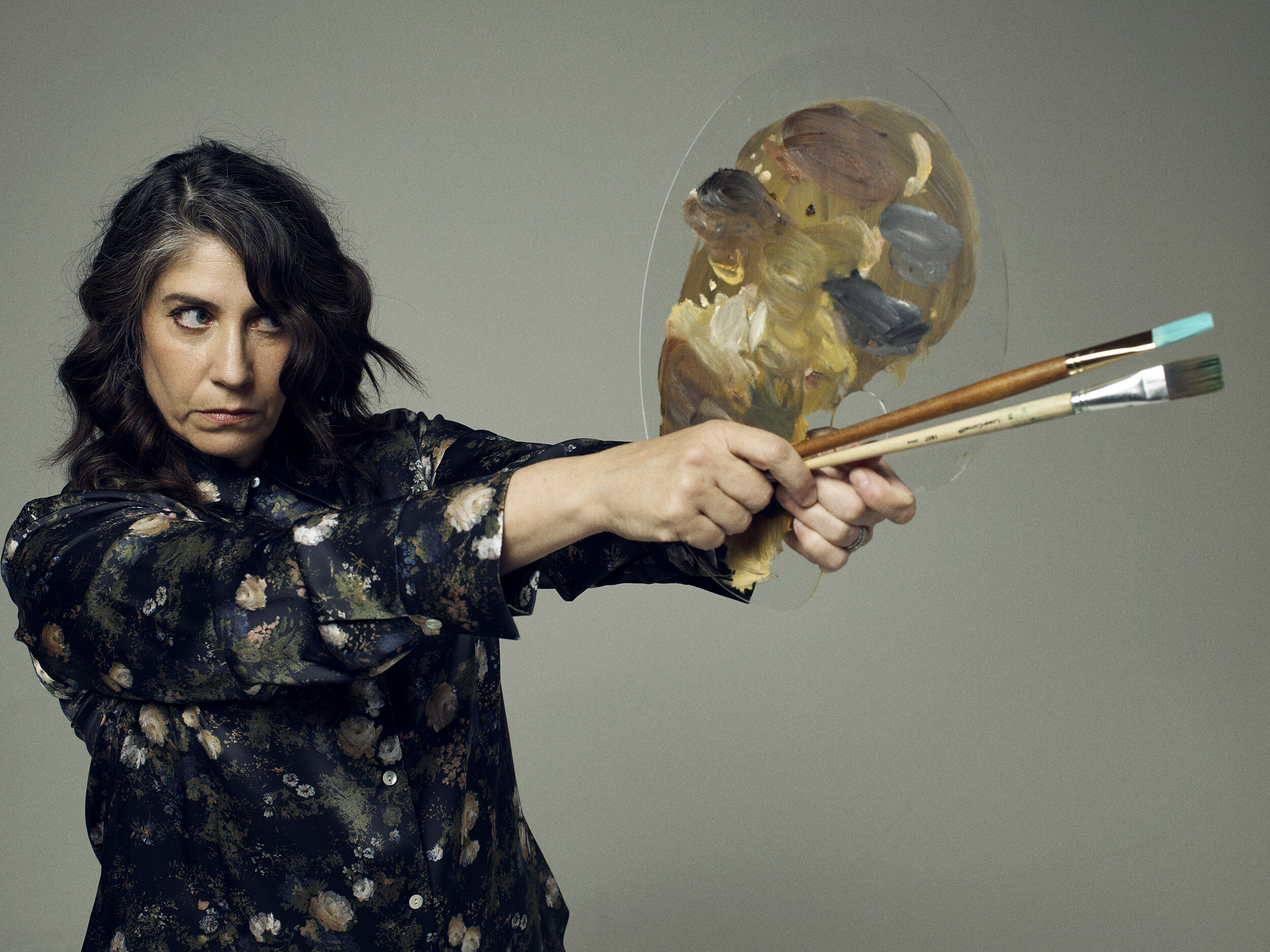IN LIBBY'S WORDS
By living their lives philanthropically, Libby and Victor Boyce instilled a heart for others in their two children, Cameron and Maya. The life of actor Cameron Boyce was cut short by Sudden Unexpected Death in Epilepsy (SUDEP). His legacy lives on through The Cameron Boyce Foundation (TCBF), founded in Los Angeles in 2019. TCBF is known for its support of organizations affiliated with epilepsy, social betterment, and the arts. In particular, TCBF has been involved with Citizens United for Research in Epilepsy (CURE), Thirst Project, Inner-City Arts, Guitars Over Guns, and The Actors Fund. Spearheaded by his mother Libby, close to $200,000 has been cumulatively donated through TCBF to date. Aside from her work with the Foundation, Libby is also a social worker for the City of Los Angeles, where she works with the homeless. Walking the talk is the essence of who she is—emulating her example is a lesson in compassion, empathy, and humanity for all.
ER Both you and your husband have family histories of being socially active and immersed. Why is it essential to impart a legacy of overcoming struggle to future generations?
LB Victor and I both descend from ancestors that had significant struggles in the recent and distant past. It is important to remember that we stand on their shoulders and we should be extremely grateful to them for their sacrifices. This has made our family very active in helping others and paying it forward. There is nothing greater, or more rewarding, than being able to change people’s lives for the positive, or to give someone the gift of happiness and joy.
ER Your family dynamic seems to greatly value walking the talk. How can we better teach an appreciation for diversity and giving back in our children?
LB Kindness and thoughtfulness towards others is a lifestyle. I think immersing kids in diversity is critical to promoting acceptance, tolerance, and fellowship. This makes them sensitive to all people: young, old, gay, straight, non-binary, people who have physical challenges, people who are sick or who are the underdog. It then becomes just part of the fabric of who they are. It is not hard to smile and to choose positivity. Let’s face it, one day, maybe decades from now, we will all be mixed, and we will all be better for it. Empathy is key to a fulfilling life.
ER Share the process that led you and your husband to establish The Cameron Boyce Foundation in relation to it being an extension of Cameron’s personal and charitable projects.
LB When Cameron passed away, we immediately thought that we had to carry on his legacy and all the work he was doing. It was honestly a knee-jerk reaction to the village that surrounded us on that first night. Within hours, we had created the foundation. We couldn’t just let him die, and that be it. It has given us a way to honor him, carry on some of his charitable work, and to move the needle in epilepsy awareness and research. We could never in a million years fill his shoes, but we try to remember that we are now his voice.
ER What is the common thread running through the organizations that TCBF becomes involved with?
LB The common thread is what took Cameron’s life and what he was most passionate about. Epilepsy awareness and research is at our core. Next is giving young people alternatives to negativity and violence, thus our focus on programs that reduce gun violence or provide young people with creative outlets. Lastly, Cameron was an advocate for clean drinking water in third world countries, so TCBF will continue to support the Thirst Project to that end.
ER How does the role of social media influence TCBF’s causes? What evolution have you experienced with social media use since establishing TCBF?
LB Cameron had many fans who followed him on social media. Because of this, he was very thoughtful and responsible about everything he posted. With TCBF, we are also thoughtful about posting positive messages to his fans and loved ones. We also feel that it is important to share messages that provide compelling information or that provide a point of view in the spirit of inclusivity and positivity. Since the inception of TCBF, we certainly have more followers and we have increased our informational content as we learn more about epilepsy. It has been so surprising to us how many people know others with epilepsy, but yet know so little about the disease. We hope to change that narrative.
ER Tell us about your role on TCBF’s Board of Directors, as well as your process of establishing the Board and selecting Advisory Board members.
LB I am the President and Victor is the Vice President of TCBF. We brought on people who were close to Cameron and those extremely moved by his death. His best friends have been instrumental in all of our youth content, social media, merchandise, and programs, while Vic and I focus mostly on epilepsy. Cameron’s publicist, whom he was very close to, is a board member, as well as his aunt Kamlyn. In addition, many of Cameron’s co-stars, as well as Kenny Ortega, Adam Sandler, and Salma Hayek, are on TCBF Advisory Board. They loved Cameron and wanted to help, so it certainly brings some notoriety and credence to the work of the Foundation.
ER In what ways does your career further inform your work at TCBF?
LB Having worked in social services for well over 30 years, I have a lot of experience in the non-profit world, although I have never been responsible for a non-profit. I find my work overseeing homeless programs in Los Angeles County extremely rewarding. I care about others very deeply and love the camaraderie I have with my colleagues and the diversity we each bring to the table. I find the same thing with TCBF. As a team, we are a diverse group and we are extremely close having gone through the trauma of losing Cameron. This brings a lot of texture to the work we are doing. We all find comfort in the role we each play to honor Cameron’s legacy.
ER Considering that giving back is a key component of happiness, how are philanthropy and wellness linked?
LB None of us could have survived without each other and TCBF. Humans need other humans to thrive. Cameron always said that he preferred to give than to receive because it made him happy to bring other people joy. Why do people who have all the material riches in the world always seem to be empty, and those without material things seem to have so much life and spunk? I think it is because they appreciate what they do have. Cameron was elated interacting with kids who wanted to meet him because he understood what it meant to their lives and he never took that for granted. We can all learn from him.
Features Contributor Elisabeth Ross
Photographer Ben Cope
Stylist Veronica Graye
Hair J Michael for Celestine Agency
Makeup Cat Sherwin





